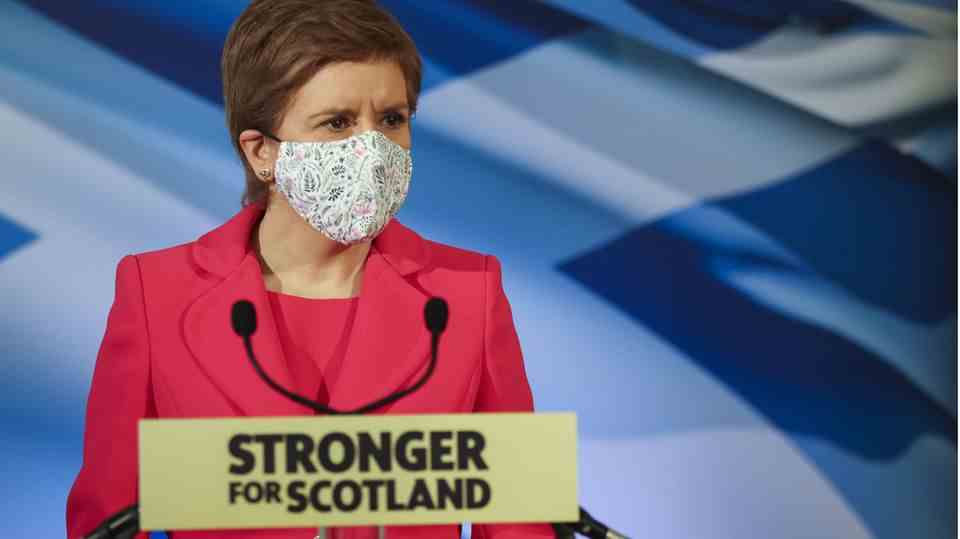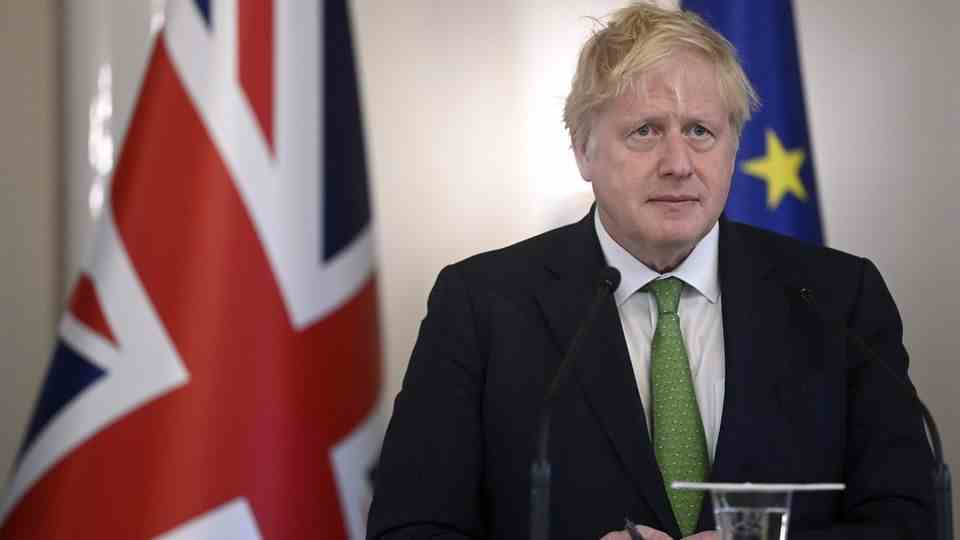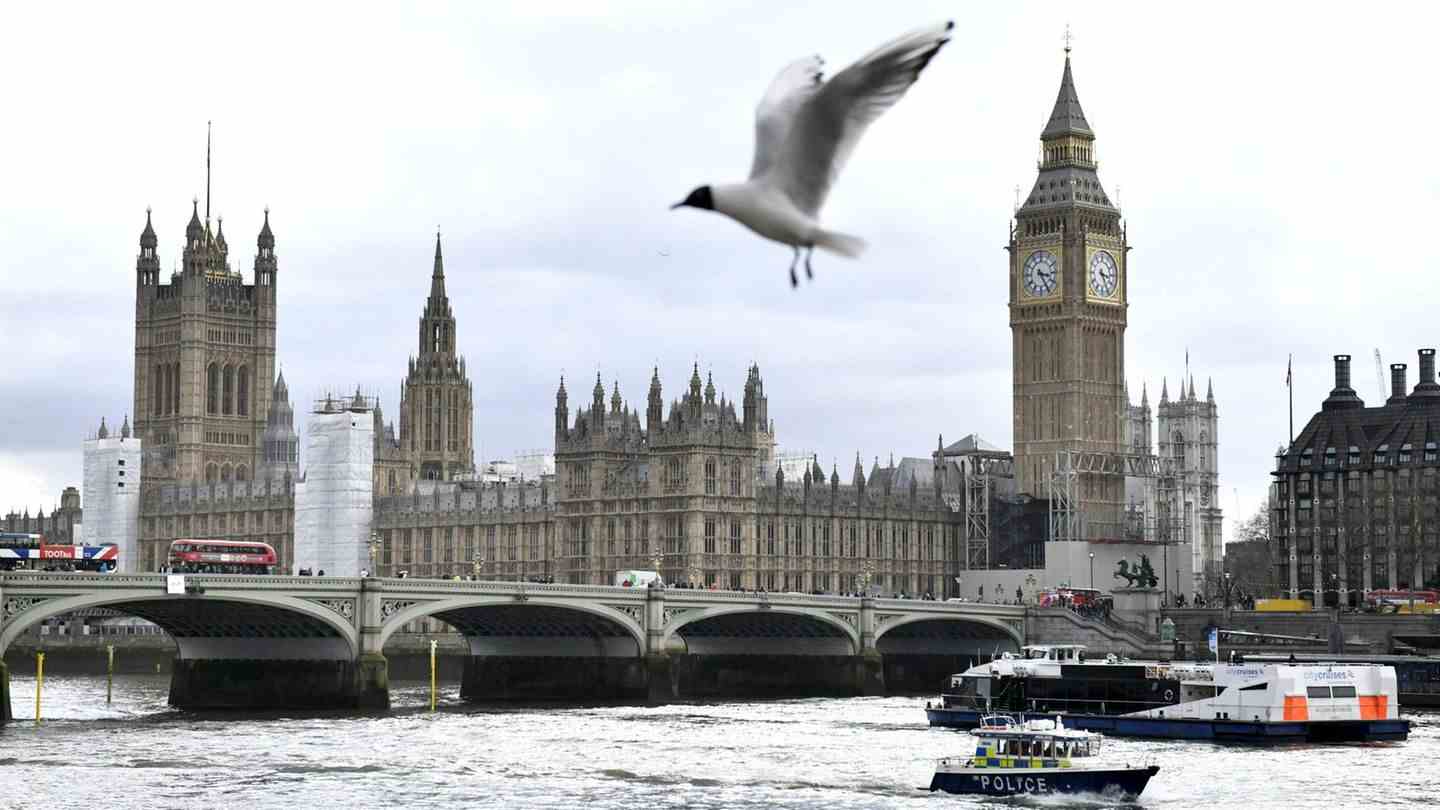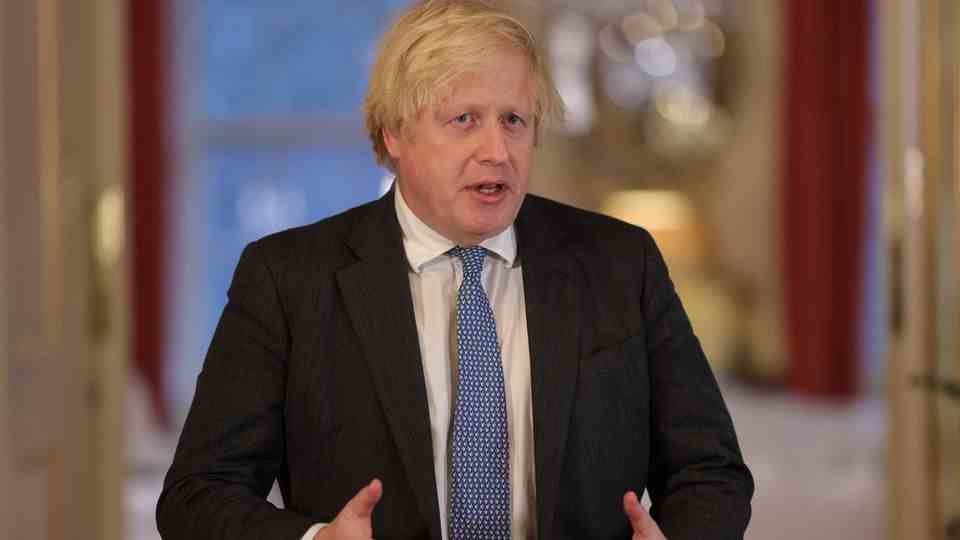Northern Ireland, Scotland, Wales
Union in danger: Will Great Britain become Little England?
The United Kingdom is in danger of crumbling: Since Brexit, more and more member states have turned their backs on Great Britain.
© Heikki Saukkomaa / Picture Alliance
Is the United Kingdom crumbling? In Northern Ireland, for the first time, a party seeking reunification with Ireland receives the most votes. In Scotland, pro-independence advocates have the upper hand, and fewer and fewer of the Welsh feel themselves British.
The election results were only known a few hours before the Scottish Prime Minister put her finger in the wound. “There is a growing feeling that the UK in its current state is not adequately meeting the needs of Scotland, Wales, Northern Ireland or perhaps even England,” said Nicola Sturgeon. It is obvious that the figurehead of the Scottish independence movement could not help but speak out. In fact, recent UK votes follow a trend of turning away from London. Will Great Britain become Little England?
Take Northern Ireland as an example: The smallest part of the country experienced historical events during the election to the regional parliament. For the first time, Sinn Fein is a party with the most MPs whose declared goal is reunification with the EU member Republic of Ireland.
Scotland wants independence from Great Britain
There will probably be a long way to go until then, not only because of the finely balanced power structure in the former civil war region. According to surveys, around 30 percent of Northern Ireland are currently in favor of a merger with Ireland. In 2014 it was only 6 percent. The proponents also have demographics on their side: it is estimated that more Catholics, who support reunification, now live in Northern Ireland than Protestants, who overwhelmingly support union with Great Britain. But support is also crumbling within the ranks of the Loyalists. Many, especially young people, see better future prospects in the EU state of Ireland since Brexit.

Prime Minister Nicola Sturgeon calls for Scottish independence
© Russell Cheyne / Picture Alliance
Example Scotland: Prime Minister Sturgeon’s Scottish National Party (SNP) was able to increase the number of seats in the local elections again, including in Union bastions. Sturgeon is targeting an independence referendum for late 2023. After the local elections, she announced that she wanted to introduce the necessary legislation soon. For a referendum, however, the approval of British Prime Minister Boris Johnson is required – who has so far rejected it. In 2014, the Scots voted to remain in the Union. Sturgeon now argues that Brexit has changed the situation and that with the SNP’s election victories in 2021 and 2022, she has a clear mandate. Ultimately, the courts will decide.
Brexit is an English matter
Remains Wales. In contrast to Northern Ireland and Scotland, a majority here voted in favor of Brexit in 2016. But the implementation has deterred many. While only 5 percent supported independence in 2014, it is currently up to 30 percent. In local elections, the pro-independence Greens were among the winners. In addition, more and more people identify themselves as Welsh, as political scientist Richard Wyn Jones found out. Their number has risen from 24 to 30 percent since the Brexit vote. The number of those who see themselves as British and Welsh, meanwhile, fell from 27 to 19 percent.
It has become clear that Brexit is a national project to anchor and advance a particular understanding of a nation’s past and possible future, Jones wrote. In other words, Brexit is primarily an English affair.
No one in the UK is more pro-leave than Prime Minister Johnson. This is another reason why the 57-year-old is hated in large parts of the country. His Conservatives were punished by voters in Scotland and Wales, but also in London, and lost a number of seats. Johnson’s stronghold is rural England. That’s why his policies and rhetoric are increasingly aimed at the local Anglo-national electorate, experts are certain. Former Tory Secretary-General Chris Patten said of his own party: “Part has turned into an English, nationalist, populist, Johnsonian cult.”
Johnson’s government must act
But is that enough to actually tear the UK apart in the medium term? Political conditions in Northern Ireland are a hurdle to a borders referendum. Many Scots fear independence will spell economic disaster. Finally, in Wales, the pro-British Labor Party, which has managed to combine nationalism and unionism, rules safely.

“Johnson’s administration is doing nothing to encourage us to turn back,” comments the news site Open Democracy.
© Antti Aimo-Koivisto / Picture Alliance
But trends can be seen. “Last week’s elections were another step on a path we have already taken,” commented the news site Open Democracy. It is not inevitable that people in Wales, Scotland and Northern Ireland will really continue to walk it. “But Johnson’s administration is doing nothing to encourage us to reverse.” The prime minister is threatened with a domino game: if one stone falls, everyone could fall.


